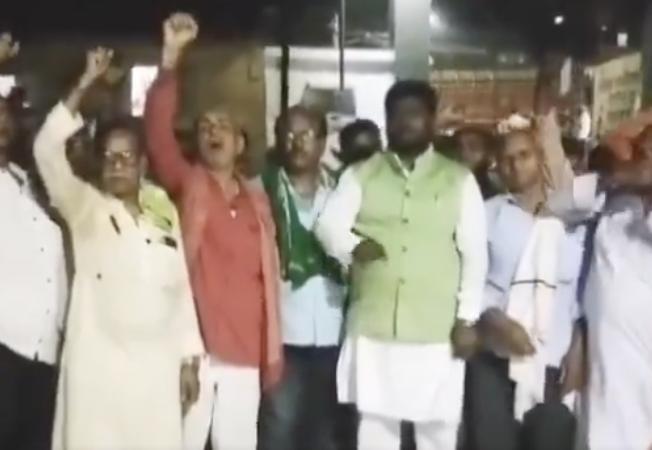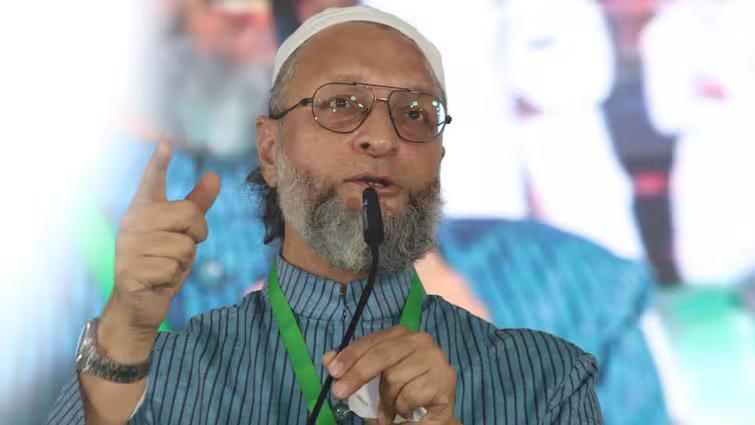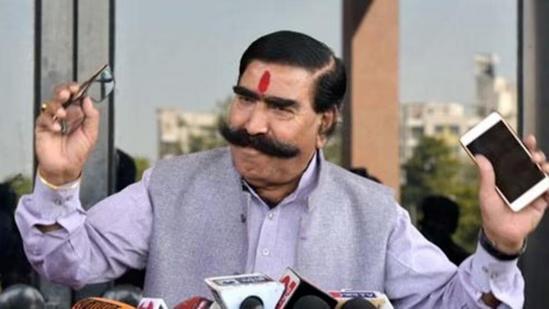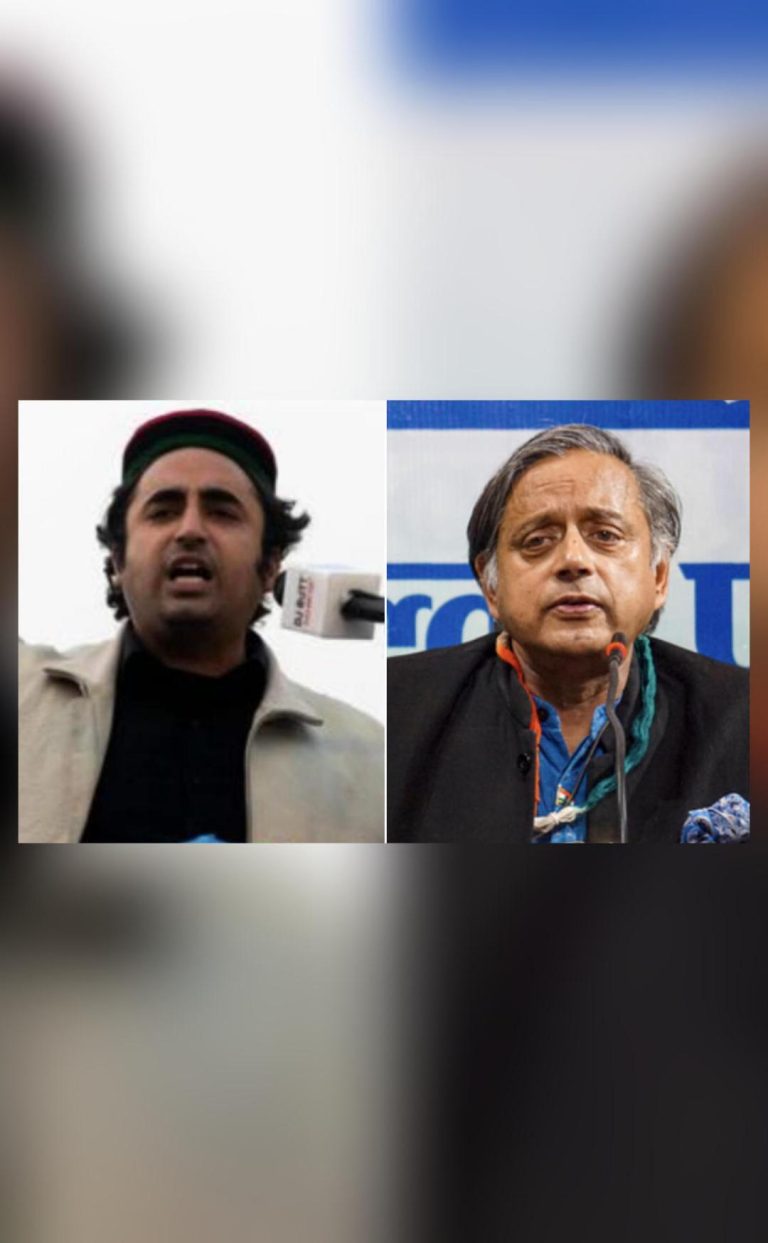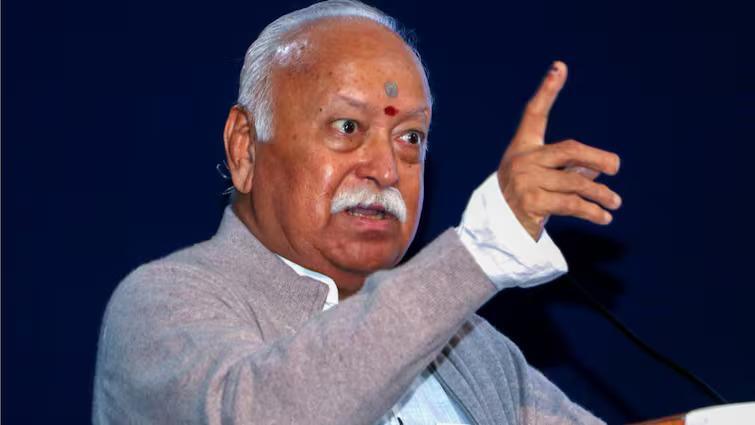
Non-violence is our nature, but some keep troubling the world: RSS’ Bhagwat on Pak
The recent Pahalgam terror attack in Kashmir has left the entire nation in shock and grief. The attack, which claimed the lives of multiple innocent civilians, has sparked widespread outrage and condemnation. In the midst of this chaos, RSS chief Mohan Bhagwat has weighed in on the issue, offering his thoughts on the situation. In a recent statement, Bhagwat emphasized that while non-violence is a fundamental value of Indian society, there are certain individuals who refuse to change their ways and will continue to cause trouble.
“We teach non-violence as our value, but some people will not change. They will keep troubling the world,” Bhagwat said in a statement. His comments have been met with both praise and criticism, with some interpreting his words as a call for violence against those who perpetuate terrorism.
However, upon closer examination of Bhagwat’s statement, it becomes clear that he is not advocating for violence, but rather acknowledging the harsh reality of the situation. He is simply stating that, in the face of relentless terrorism, India has a right to defend itself.
Bhagwat also highlighted India’s track record of maintaining friendly relations with its neighbors, including Pakistan. “India has never harmed its neighbors,” he emphasized. “But still, if someone turns to evil, what is the other option?”
This statement is a clear reference to Pakistan’s long history of sponsoring terrorism in India, including the recent Pahalgam attack. Bhagwat is not advocating for aggression, but rather pointing out the absurdity of expecting India to simply sit back and do nothing in the face of such aggression.
It is worth noting that Bhagwat’s comments are not a departure from the RSS’s core philosophy of non-violence. The RSS, or Rashtriya Swayamsevak Sangh, is a Hindu nationalist organization that was founded in 1925. While the organization has been criticized for its perceived intolerance towards minority communities, it is also known for its advocacy of non-violent methods of conflict resolution.
In fact, the RSS has a long history of promoting non-violence and peaceful coexistence. The organization’s founder, K.B. Hedgewar, was a strong advocate for non-violent resistance, and the RSS has been involved in various campaigns promoting peace and non-violence throughout its history.
In recent years, the RSS has also been involved in initiatives aimed at promoting communal harmony and tolerance. For example, the organization has launched campaigns aimed at promoting interfaith dialogue and understanding, and has also provided support to initiatives aimed at promoting education and empowerment among minority communities.
In light of this, it is clear that Bhagwat’s comments on the Pahalgam attack are not a departure from the RSS’s core philosophy of non-violence. Rather, they are a reflection of the organization’s commitment to defending India against terrorism, while also promoting peaceful coexistence with its neighbors.
Bhagwat’s statement has also been met with criticism from some quarters, who have accused him of advocating for violence against Pakistan. However, it is important to note that the RSS chief is not advocating for aggression or violence against any nation or community.
Rather, Bhagwat is simply acknowledging the harsh reality of the situation and emphasizing the need for India to defend itself against terrorism. He is not calling for India to take aggressive action against Pakistan, but rather pointing out the need for the country to take strong measures to protect its citizens from terrorist attacks.
In conclusion, Mohan Bhagwat’s comments on the Pahalgam terror attack are a reflection of the RSS’s commitment to non-violence and peaceful coexistence. While the organization is not advocating for violence against Pakistan, it is also acknowledging the need for India to defend itself against terrorism.
As Bhagwat himself emphasized, non-violence is a fundamental value of Indian society, but there are certain individuals who refuse to change their ways and will continue to cause trouble. In the face of such aggression, India has a right to defend itself, while also promoting peaceful coexistence with its neighbors.
